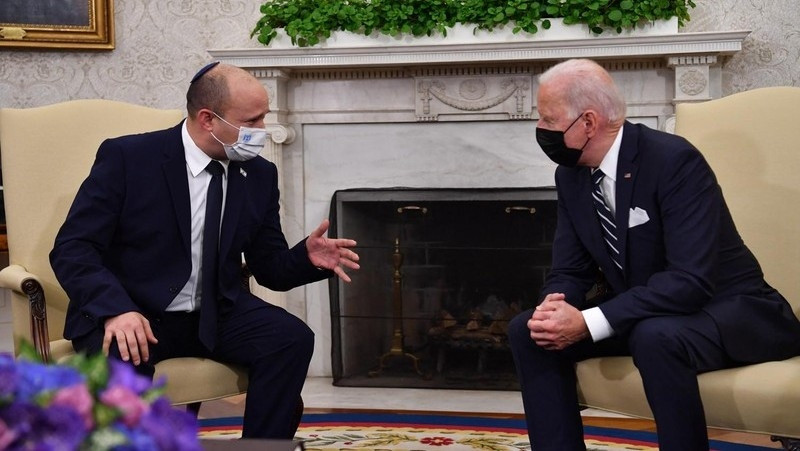According to the White House announcement, during his trip to Israel (from July 13), President Biden will emphasise the unwavering commitment of the US to Israel’s security and prosperity, as well as Israel’s integration in the Middle East. Biden will also travel to the West Bank to consult with the Palestinian Authority and affirm his strong support for the two-state solution and efforts to open opportunities for Palestinians.
The last stop in Saudi Arabia attracts special attention from international public opinion, in the context that the relations between the two countries have been troubled by many disagreements. In Saudi Arabia, the US President will attend the Summit of the Cooperation Council for the Arab States of the Gulf (GCC).
In an article published by the Washington Post right before the trip, the US President stressed that the visit will open a promising new chapter in US policy towards the Middle East while promoting the important US interests within this region. With abundant oil resources and the world’s leading consumer demand for goods, the Middle East region will play an important role for the US and global economy in the coming decades, experts say.
The relationship between the US and Saudi Arabia has not been smooth in recent times due to disagreements related to the murder of journalist Jamal Khashoggi in 2018. In the article titled “Why I’m going to Saudi Arabia” published by the Washington Post, Biden acknowledged that many people disagreed with his visit to Saudi Arabia, but he affirmed that Saudi Arabia is a strategic partner of the US and a country that affects the strategic interests of Washington.
President Biden’s trip comes at a time when the US is facing major challenges due to escalating energy prices, especially the conflict in Ukraine, disrupting global energy supplies. Inflation pressures have forced the US Federal Reserve System (FED) to sharply raise key interest rates, raising concerns that the world’s leading economy will fall into recession. Lowering energy prices is believed to be an important key to helping revive the US economy. Meanwhile, Saudi Arabia is the world’s leading crude oil exporter and an important member of the Organisation of the Petroleum Exporting Countries (OPEC) and the GCC.
Therefore, many analysts believe that the US President’s visit to Saudi Arabia can help dispel the fog that has covered the relationship between the two countries in the recent time while enlisting Riyadh’s voice in convincing other oil-exporting countries to increase production output, thereby cooling down the “fever” of fuel prices and inflation in the US.
This is even more meaningful in the context that President Biden needs to “score” at the midterm congressional elections, scheduled to take place in November. Biden affirmed that, within the framework of the visit, he will meet with the leaders of Saudi Arabia to strengthen the strategic partnership based on shared interests and responsibilities, while ensuring adherence to the basic values of the country. He also emphasised the importance of energy supplies from the Middle East in the current context.
One of the other important goals of the US President’s Middle East trip is to reconcile the complex relations between countries in the region, including the relationship between Israel and Saudi Arabia. Biden said he would be the first US President to fly directly from Israel to Jeddah, Saudi Arabia. He hopes the flight is a symbol of the normalisation of relations between Israel and the Arab community, in which the US plays a key role.
According to experts, the US President’s trip to the Middle East is a necessary step, continuing to affirm Washington’s commitments to its allies and demonstrating its determination to strengthen its position throughout the region.
















